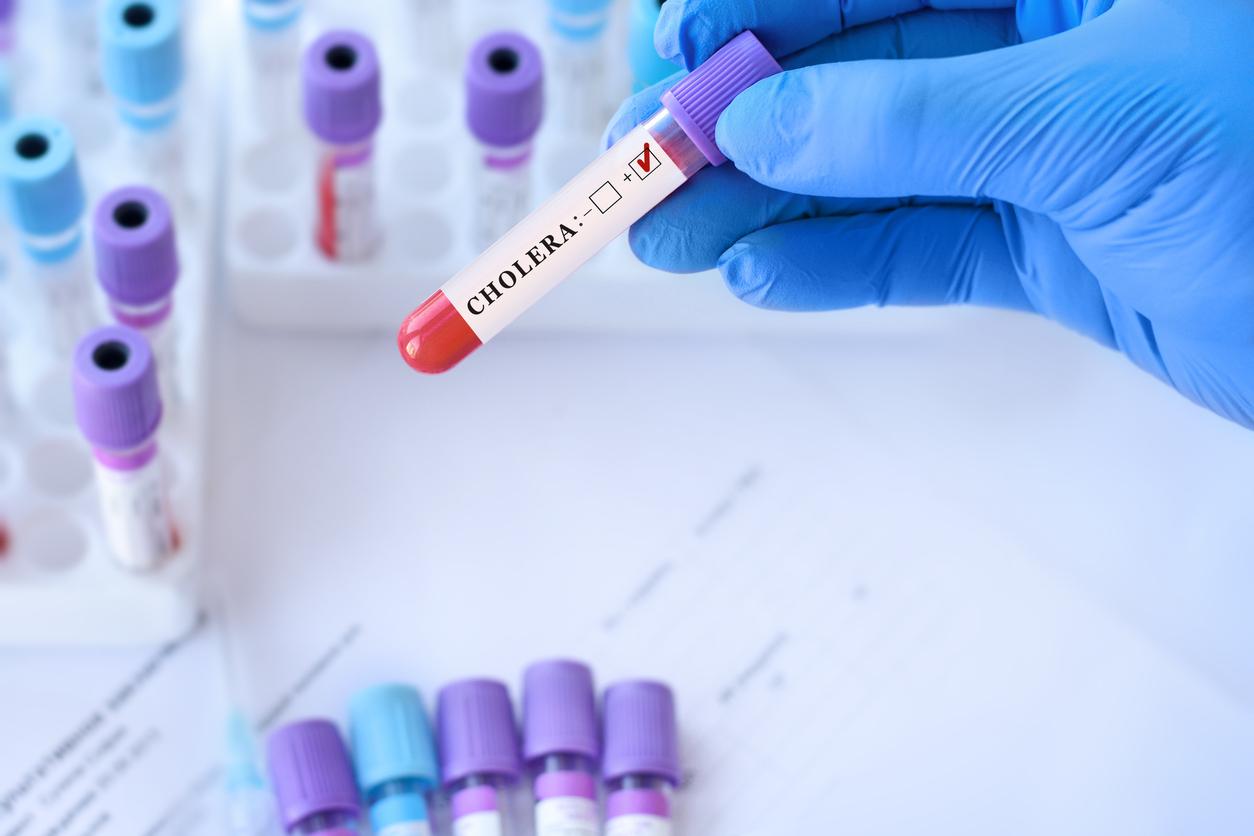In a work it carried out, ANSES concludes that intense sweeteners have no benefit on weight control, blood sugar levels in diabetics, or the incidence of type 2 diabetes.

Aspartame, stevia extracts, sucralose, acesulfame K, etc. the name “intense sweeteners” includes various additives with very high sweetening power without adding calories. While the safety of use of sweeteners has been the subject of regular in-depth evaluations, ANSES (1) wished to assess their nutritional value for the first time. This “pioneering” work does not demonstrate any benefit in terms of health for food uses.
The risks of consuming intense sweeteners
In a recent press release, ANSES indicates that “the use of intense sweeteners in substitution for sugars leads in most cases to a lower short-term energy intake due to their low caloric intake and the lack of compensation. . “
However, it indicates that “the available data relate to insufficient durations to guarantee the maintenance of this effect in the long term. ”
In addition, studies of weight control in adults and children have reported conflicting associations. “Certain observational studies show that the use of intense sweeteners is paradoxically associated with weight gain, without the causality of this association having been established”, writes the Agency.
No interest for diabetics
In addition, at the end of its work, the Agency also considers that “the available studies do not make it possible to prove that the consumption of products containing intense sweeteners is of interest for weight control and blood sugar levels in diabetic subjects, or the incidence of type 2 diabetes. “
Same observation concerning the risks, in particular the development of cancer, or premature childbirth, where “the data available to date do not make it possible to establish a link between the occurrence of these risks and the consumption of intense sweeteners. . However, some studies underline the need to deepen knowledge between the consumption of intense sweeteners and certain risks ”, however presumes the ANSES.
Agency recommendations
Finally, in a context of nutritional policy where one of the priority objectives is the reduction of sugars intakes in the general population, ANSES considers that there is “no convincing element to encourage, in the within the framework of a public health policy, the substitution of sugars by intense sweeteners. “
“This goal of reducing sugar intake must be achieved by reducing the overall sweetness of food from an early age. As such, the Agency recommends that sweetened drinks and sugary drinks do not replace water consumption, ”concludes the Agency.
(1) National Agency for Food, Environmental and Occupational Health Safety
.

















